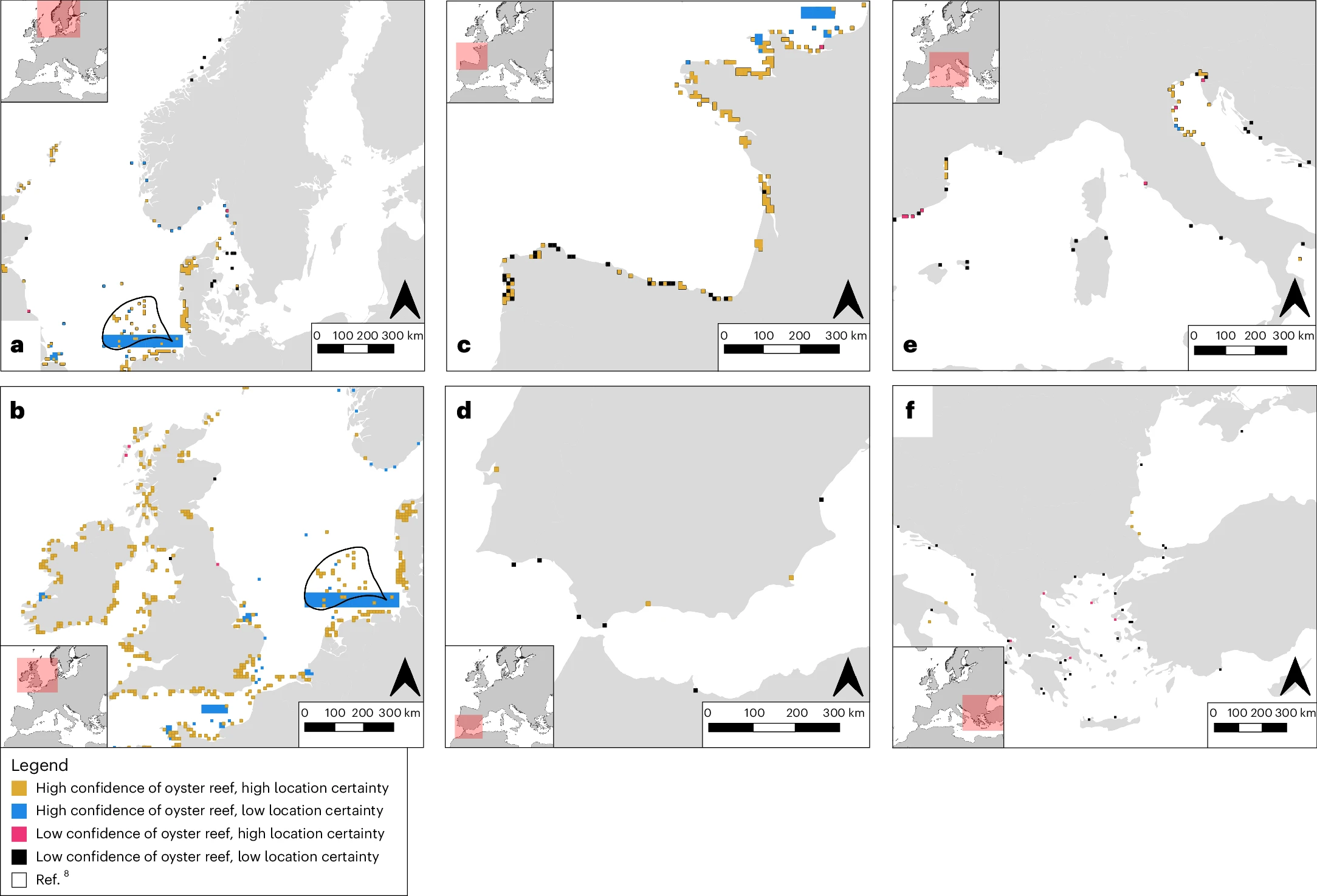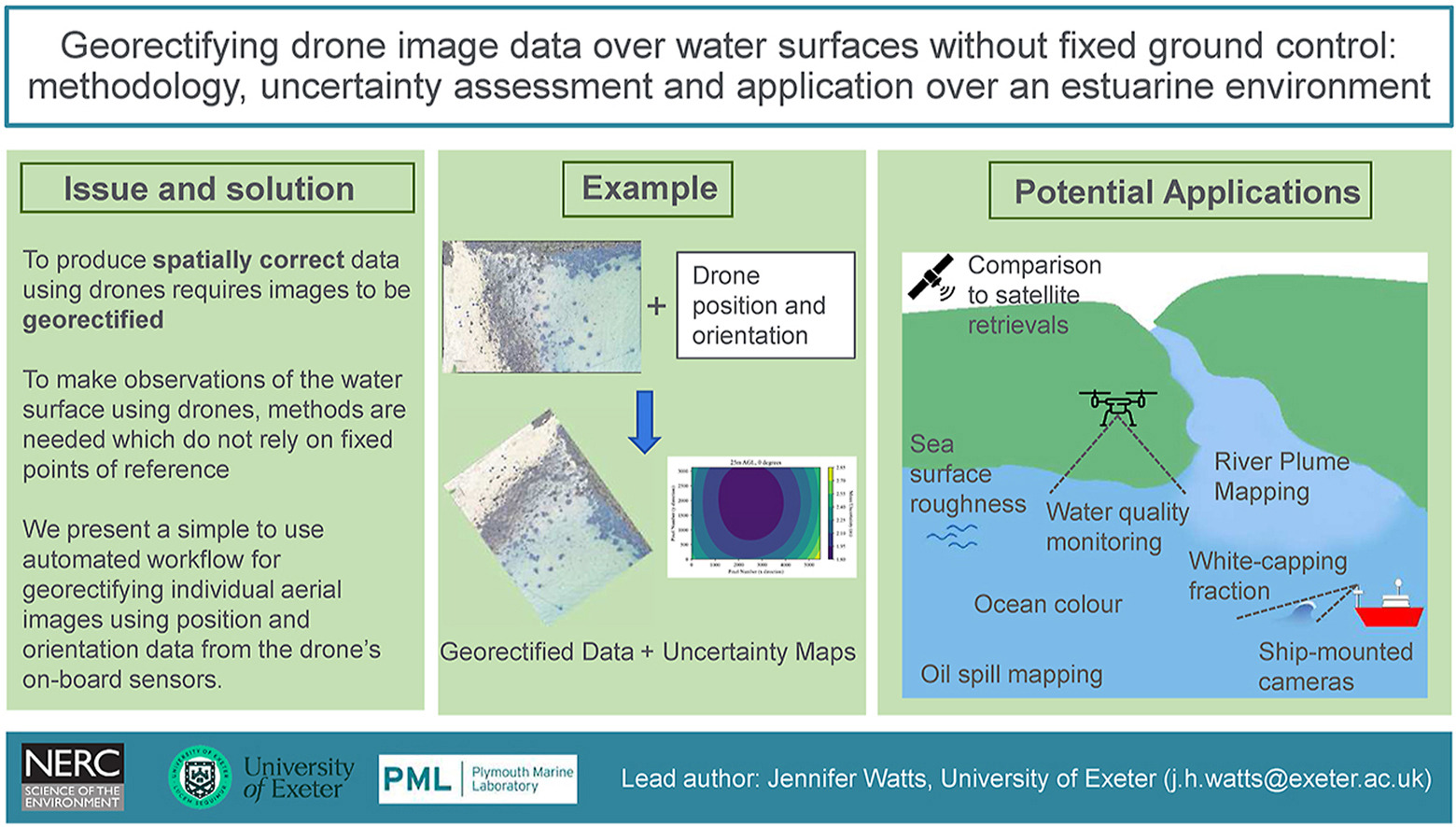Research Portal
A directory of open access Convex Seascape Survey research resources. Here you can download our latest publications and explore our data - from environmental, biological and historical datasets, to maps and photographs, all are uploaded and stored in freely accessible online repositories. We believe in a transparent approach as we advance knowledge in this rapidly-evolving field of blue carbon science.

European native oyster reef ecosystems are universally collapsed
Oyster reefs are often referred to as the temperate functional equivalent of coral reefs. Yet evidence for this analogy was lacking for the European native species Ostrea edulis. Historical data provide a unique opportunity to develop a robust definition for this ecosystem type, confirm that O. edulis are large-scale biogenic reef builders, and assess its current conservation status. Today, O. edulis occur as scattered individuals or, rarely, as dense clumps over a few m2. Yet historically, O. edulis reef ecosystems persisted at large scales (several km2), with individual reefs within the ecosystems present at the scale of several hectares. Using the IUCN Red List of Ecosystems Framework, we conclude the European…


Records reveal the vast historical extent of European oyster reef ecosystems
Anthropogenic activities have impacted marine ecosystems at extraordinary scales. Biogenic reef ecosystems built by the European flat oyster (Ostrea edulis) typically declined before scientific monitoring. The past form and extent of these habitats thus remains unknown, with such information potentially providing valuable perspectives for current management and policy. Collating >1,600 records published over 350 years, we created a map of historical oyster reef presence at the resolution of 10 km2 across its biogeographic range, including documenting abundant reef habitats along the coasts of France, Denmark, Ireland and the United Kingdom…


Georectifying drone image data over water surfaces without fixed ground control: Methodology, uncertainty assessment and application over an estuarine environment
Light-weight consumer-grade drones have the potential to provide geospatial image data to study a broad range of oceanic processes. However, rigorously tested methodologies to effectively and accurately geolocate and rectify these image data over mobile and dynamic water surfaces, where temporally fixed points of reference are unlikely to exist, are limited. We present a simple to use automated workflow for georectifying individual aerial images using position and orientation data from the drone’s on-board sensor (i.e. direct-georectification). The presented methodology includes correcting for camera lens distortion and viewing angle and exploits standard mathematics and camera data processing techniques. The method is…

